Productivity has increased while plush offices and hotel-style customer service are no longer necessary, says Derek Moore
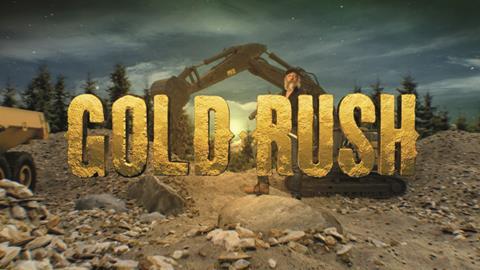
At the beginning of 2020, the biggest challenge facing the post-production industry was Brexit. Little did we know the global pandemic would significantly postpone any deal with the EU and close our studio doors for months. While Covid-19 has clearly affected everyone, I would like to reflect on an interesting change to the postproduction world.
Post facilities come in all shapes and sizes. Up until 20 March, we were mostly defined by the buildings we inhabited. Known for plush suites and providing hotel-style service by keen runners, we all competed to offer fancier food, cooler art on the walls and, in our case, better coffee. In less than a week, that changed forever.
We told our staff to stay at home. We shipped expensive computer equipment all over the country and upgraded internet connections before shopping for loo roll and tinned food. Ingenious solutions were devised to continue working without transferring terabytes of data down domestic broadband pipes. We trusted our people to get the work done. We finally began to measure outcomes, not inputs.
Deadlines didn’t change, but how we got there did. Thankfully, it was a bit quieter for a couple of months while the new systems bedded in.
Rather than hankering for everything to go back to ‘normal’ (as if having a decaf soya frappucino brought to you by a runner in roller blades was normal), I now see a huge opportunity for our sector.
We are no longer constrained by the size of our studios. We are no longer judged by their location. The suites are empty, but the work is still getting done; in some cases, better and faster than ever before. This is huge.
At a push, full capacity for our Soho studio used to be around 60 people. Moving to bigger premises would have cost hundreds of thousands of pounds, and that’s just the refit to make it look nice.
We no longer need to do that. We can now expand our teams of artists remotely, almost infinitely. We can offer amazing talent to clients all over the world.
We have worked hard to keep our culture alive, so that we are more than a collective of freelancers. We are one team, which can scale up and down as necessary.
We look out for each other – for those who have pulled a late one, or who have had to home-school their kids. We’ve come to know each other for the people we really are, in our athleisure-wear and no make-up (that’s just me).
And we can chase the sun for our clients. We are connected all over the globe, enabling us to work 24-7 without any individuals having to do the same.
“The crazy thing is that if we were still constrained by the size of our Soho studio, we wouldn’t be able to fit in all the work”
Our productivity has increased massively, while the feedback process, which is so often the bottleneck, is flowing nicely. Instead of a client having to travel from their office to Soho to see us, spend time with the artists and then travel back again, they can dial in instantly and see exactly what’s going on.
This is not only faster; it actually allows them to get a better understanding of what is possible – which makes the creative output better. Thankfully, in Lockdown 2.0, we are busier than we have ever been.
I’m sure the backlog of shoots that were postponed and content that has been consumed has created a sizeable increase in demand for visual effects. The crazy thing is that if we were still constrained by the size of our Soho studio, we wouldn’t be able to fit all the work in.
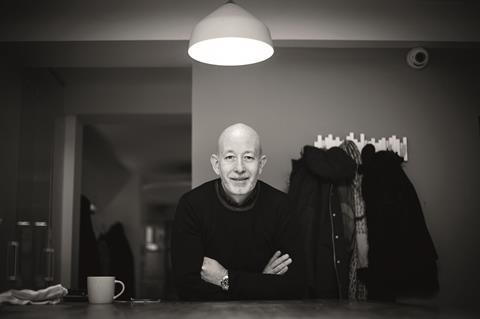
Covid-19 has a lot to answer for, but it has unleashed a new era of post companies that can scale instantly, trust and look after their staff better than ever before, and deliver exceptional work, more collaboratively.
I’d still quite like to go for a pint after work though.
- Derek Moore is chief executive and co-founder of Coffee & TV







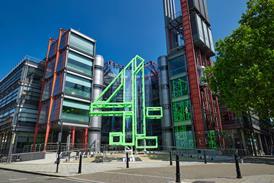
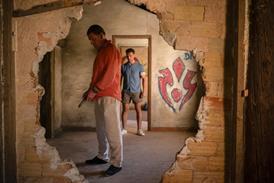
![Eleven [Jamie Campbell, Joel Wilson]](https://d11p0alxbet5ud.cloudfront.net/Pictures/274x183/8/1/7/1472817_elevenjamiecampbelljoelwilson_770737.jpg)
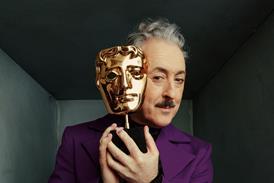









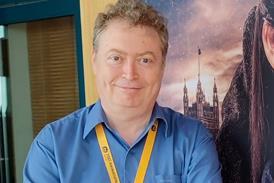








No comments yet